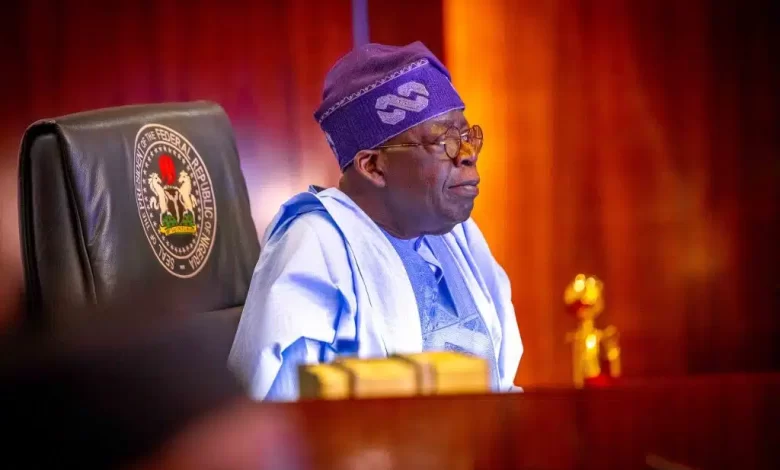The Federal Government is leaning towards tackling the hardship caused by the removal of fuel subsidy with a twin agenda.
This, according to Vanguard and Empowered Newswire sources, includes the provision of palliatives to cushion the effects of the removal of subsidy and N200,000 minimum wage put forward by labour.
Vanguard learned that this might set labour and organised private sector on a collision course with the Federal Government, as their processes at arriving at minimum wage, which the government is not following at the moment.
It was also learned that the absence of a Labour Minister to drive the negotiation process might further compound the issue.
It will be recalled that the Nigeria Labour Congress, NLC, and Trade Union Congress, TUC, demanded this figure, against the current N30,000 minimum wage, which they described as too meagre to mitigate effects of fuel subsidy removal.
President and Secretary General of TUC, Festus Osifo and Nuhu Toro, respectively, had put forward labour’s demand: “Minimum wage should be increased from the current N30,000 to N200,000 before the end of June 2023, with consequential adjustments on the cost of living allowance, COLA, like feeding, transport, housing, etc.
“A representative of state governors will be party to this communiqué and all the governors must commit to implement the new minimum wage.
“Tax holiday for employees both in government and private sector that earn less than N200,000 or $500 monthly, whichever is higher. PMS allowance to be introduced for those earning between N200,000 and N500,000 or $500 to $1,200, whichever is higher.
“The exchange rate for retailing PMS in the country must be kept within a limit of two per cent for the next 10 years where the fluctuation is more than two per cent, the minimum wage will automatically increase at the same rate.
“Setting up of intervention fund where the government will be paying N10 per litre on all locally consumed PMS. The primary purpose of this fund is to solve perennial and protracted national issues in education, health and housing. A governance structure that will include labour, civil society and government will be put in place to manage the implementation.’’
